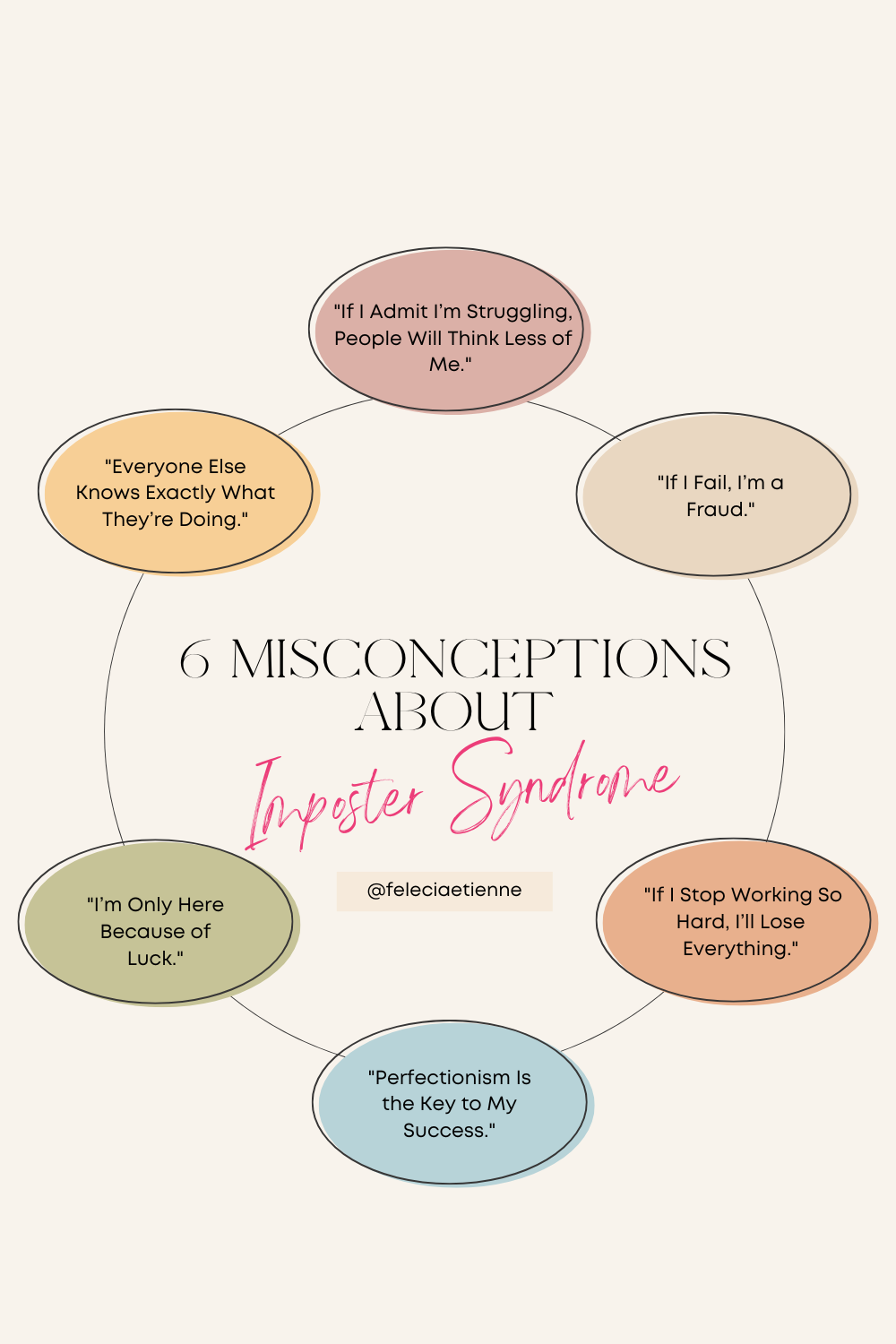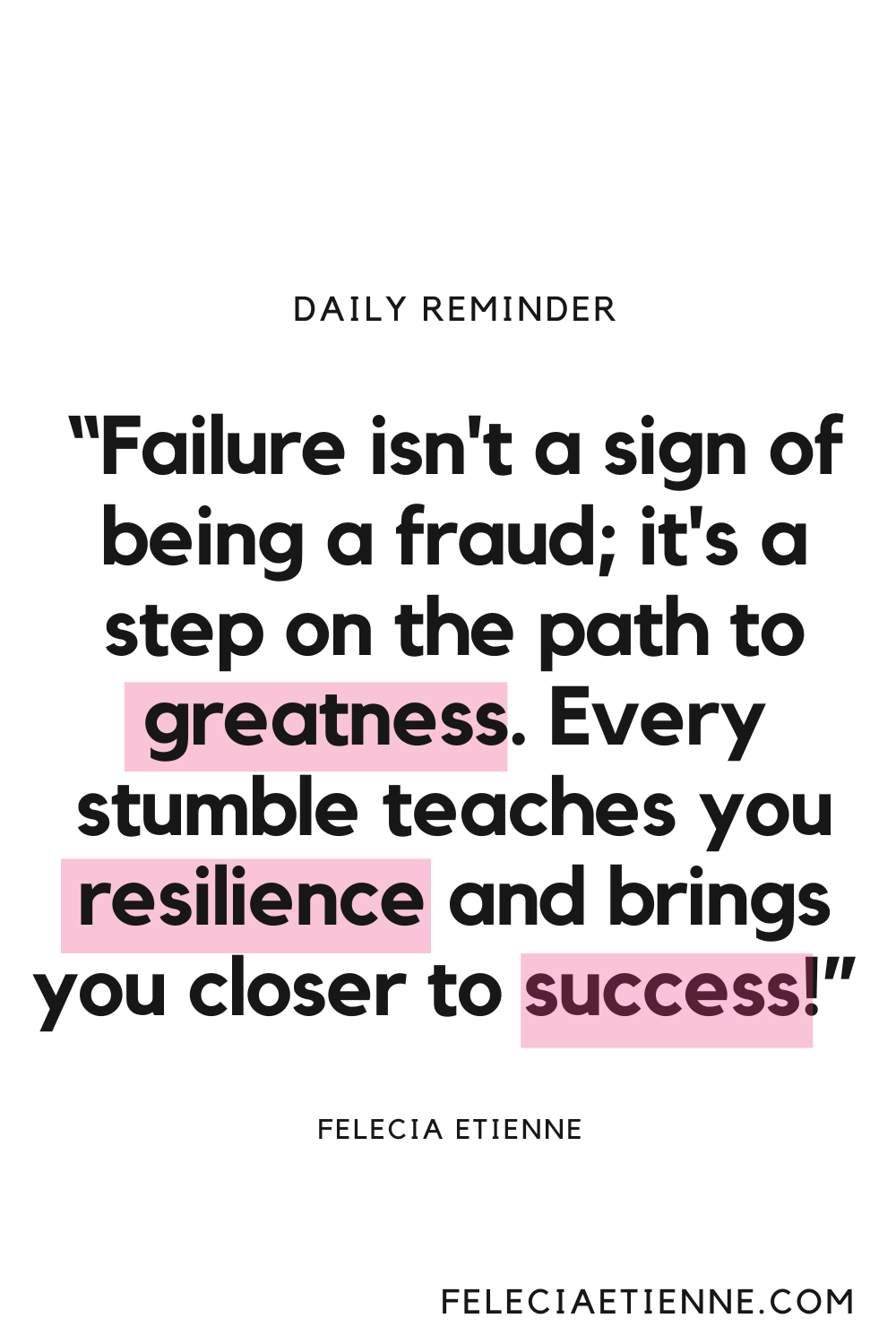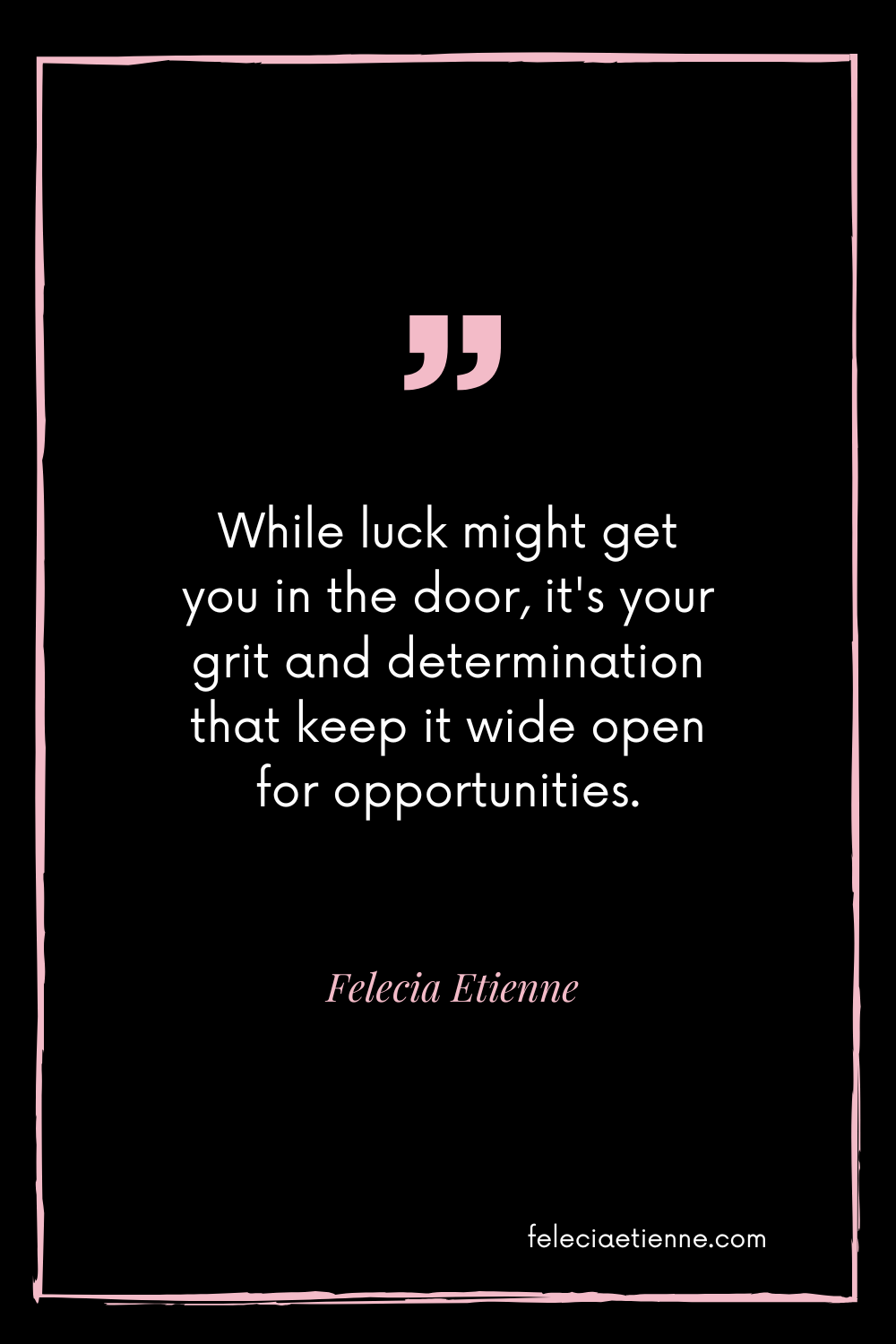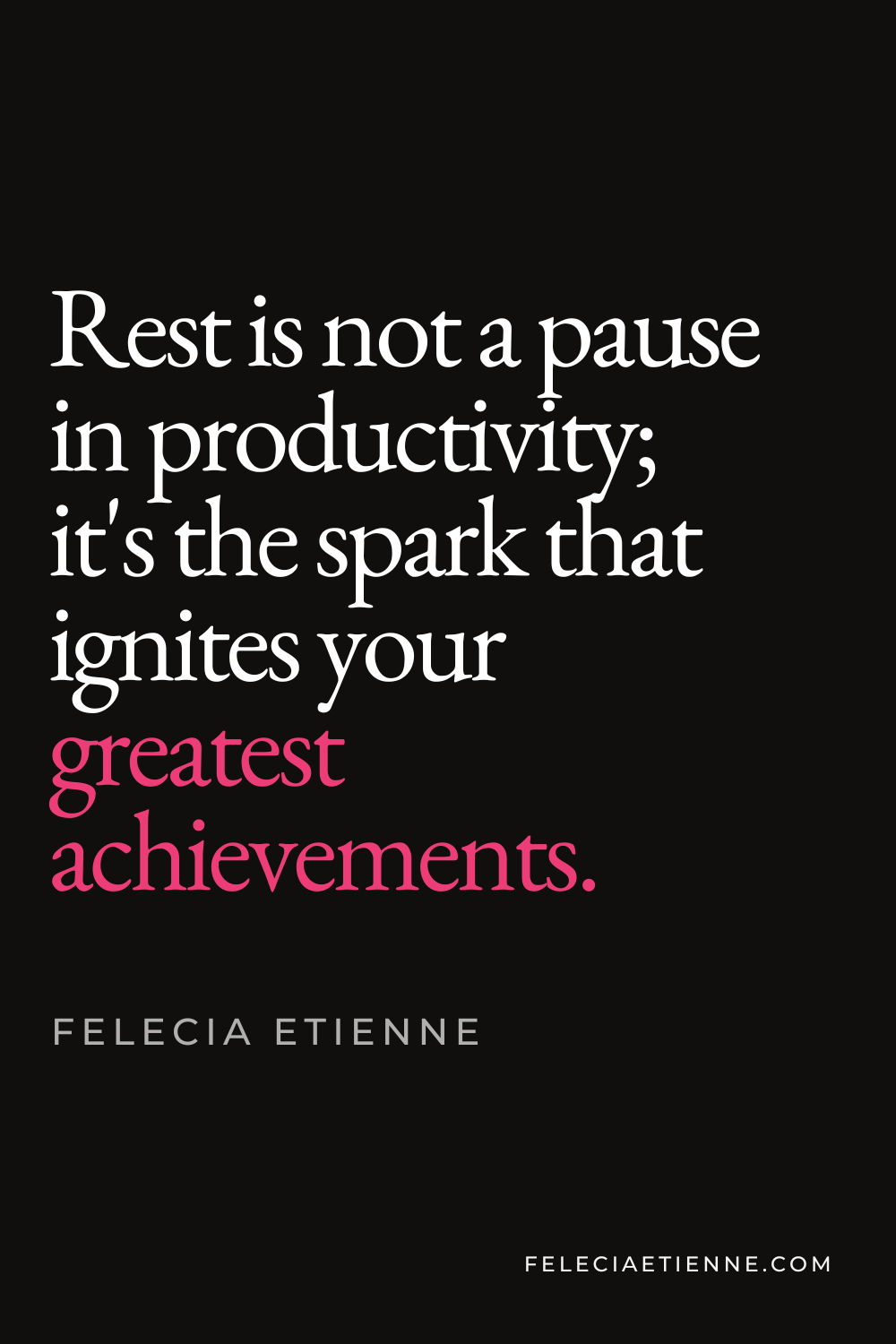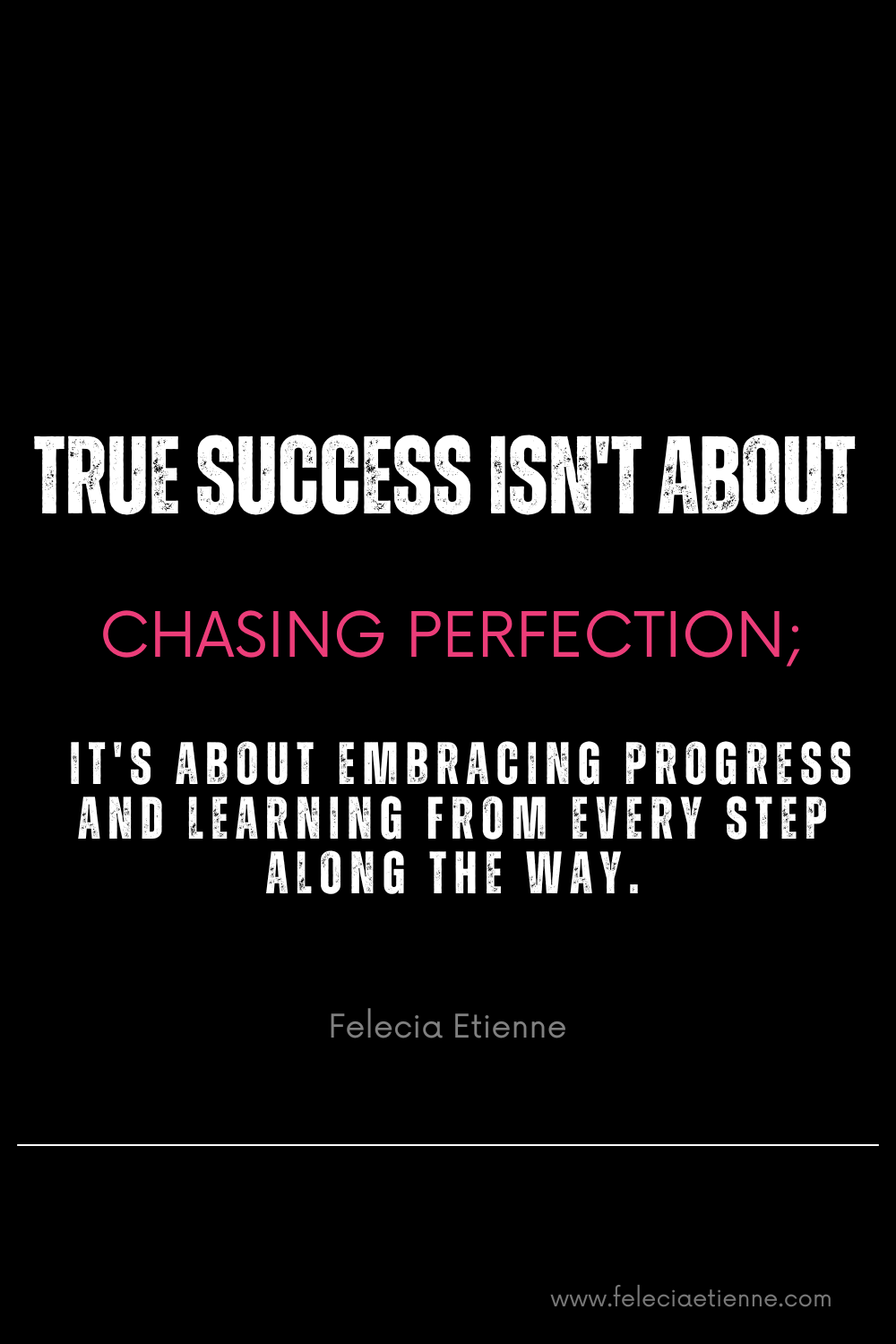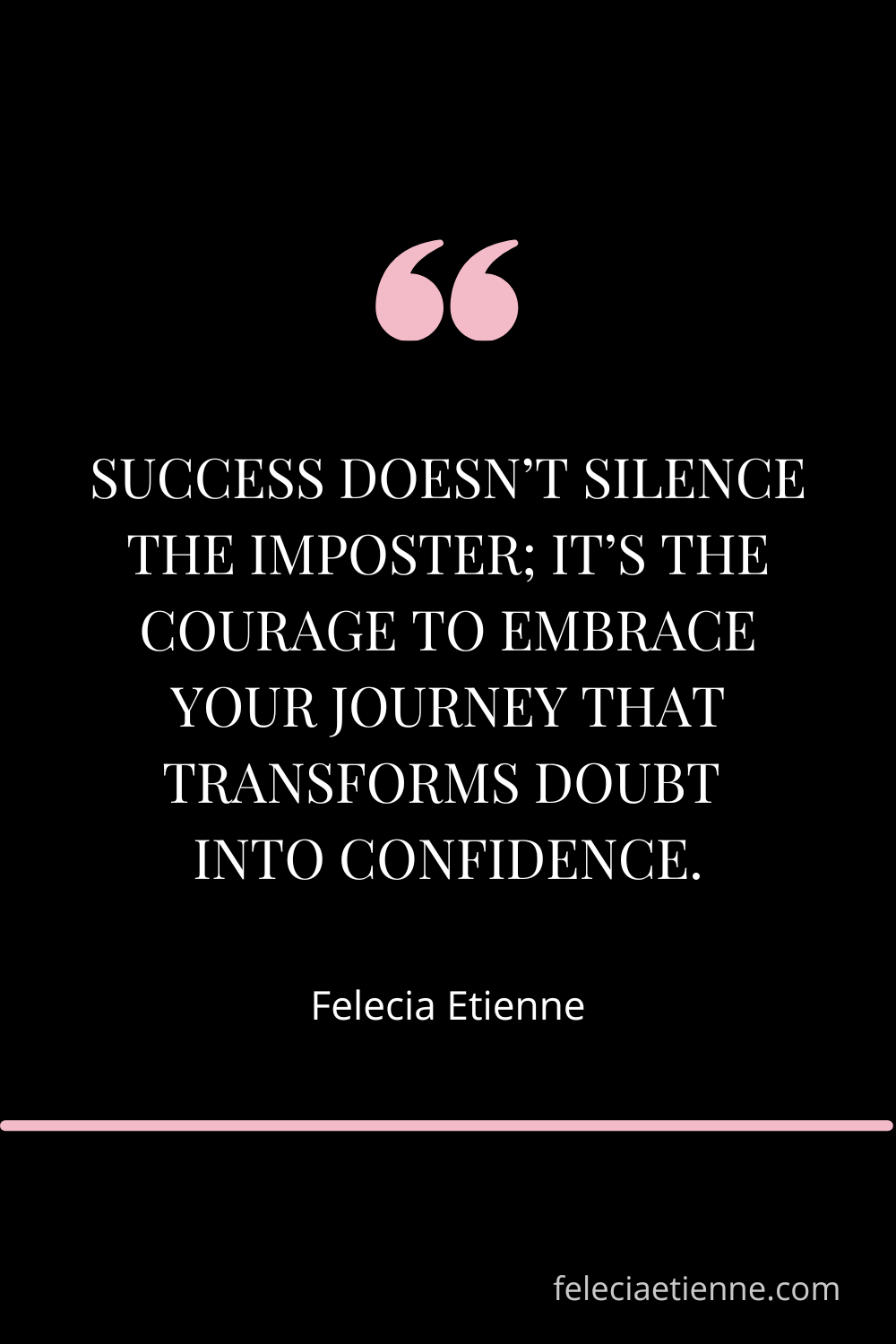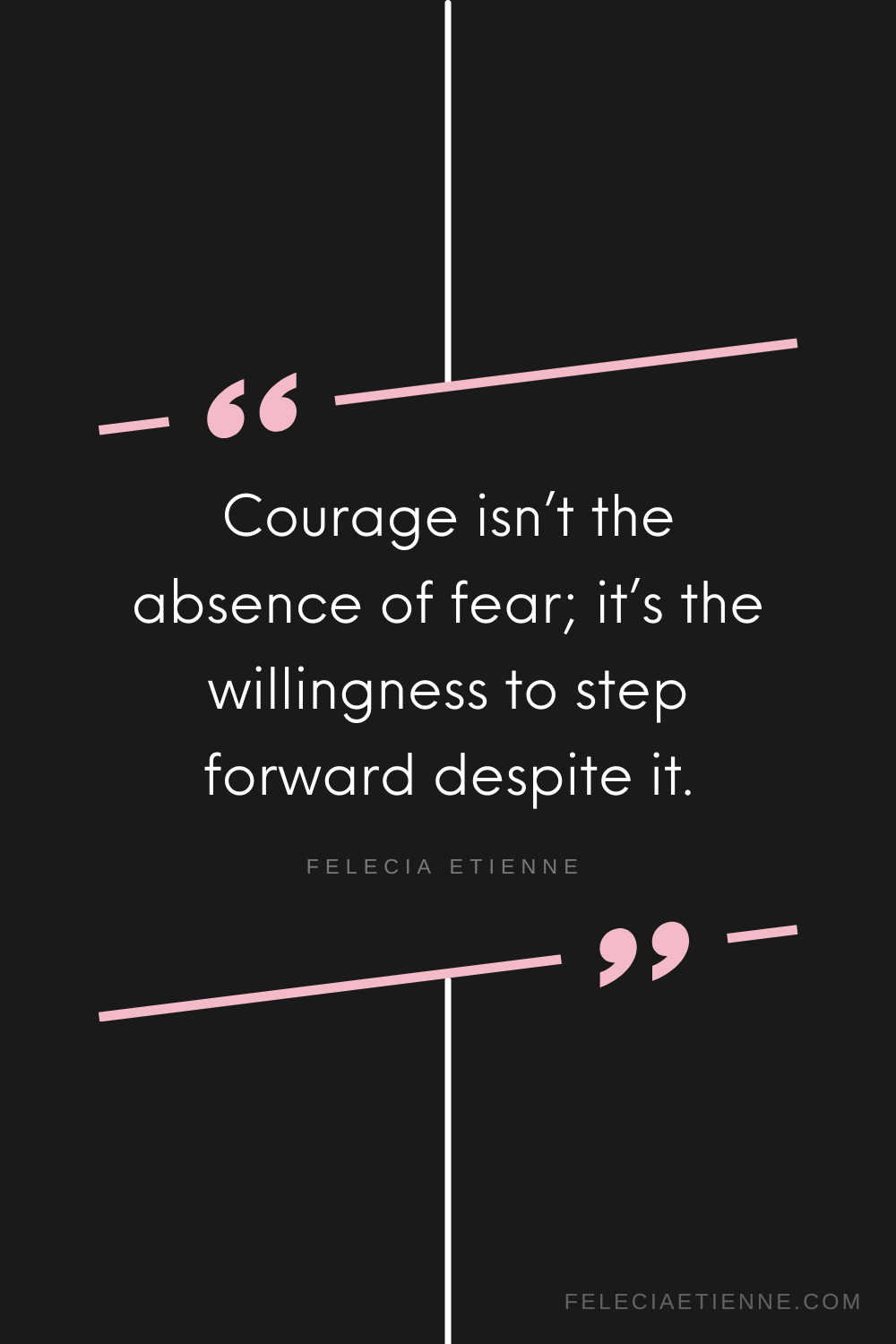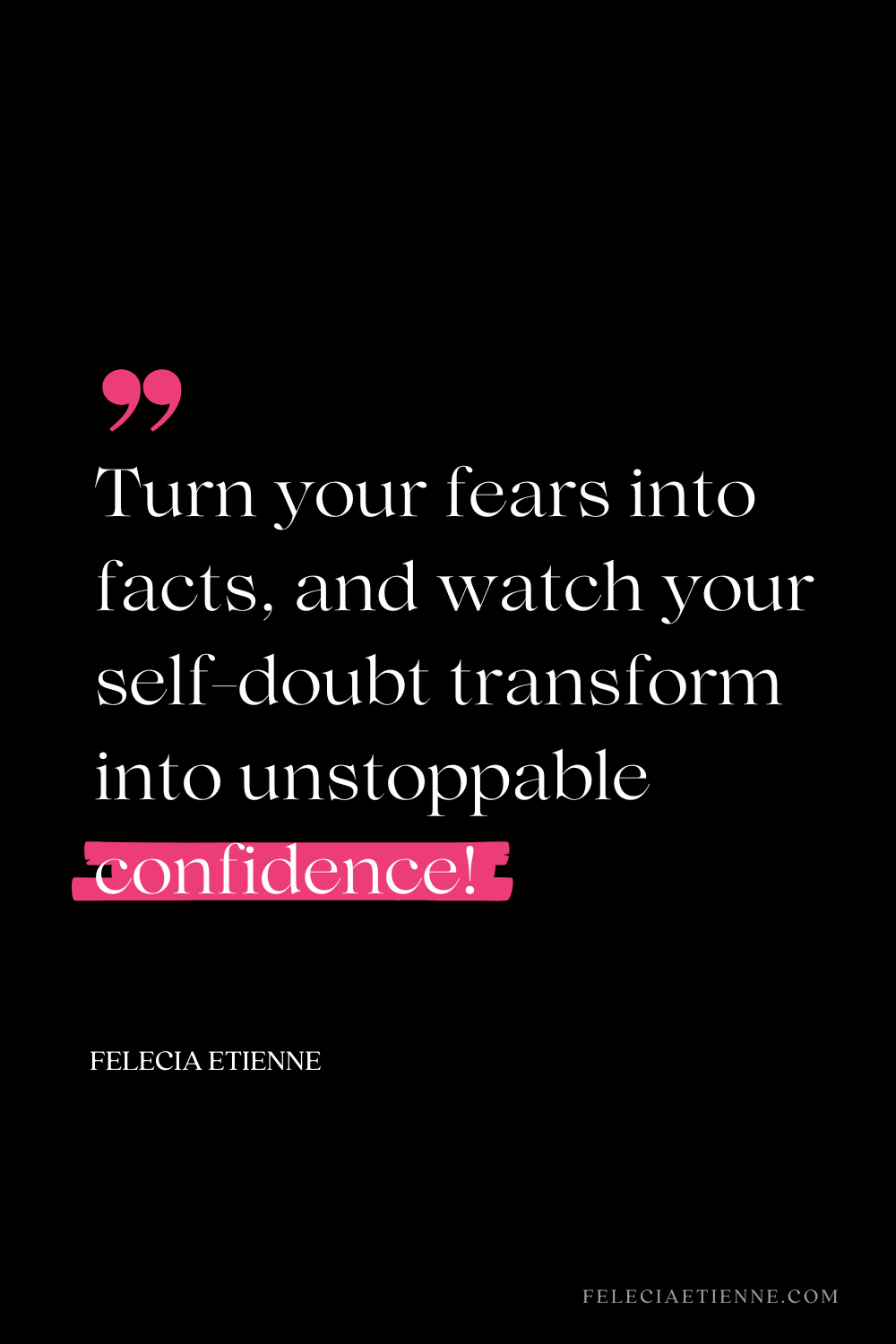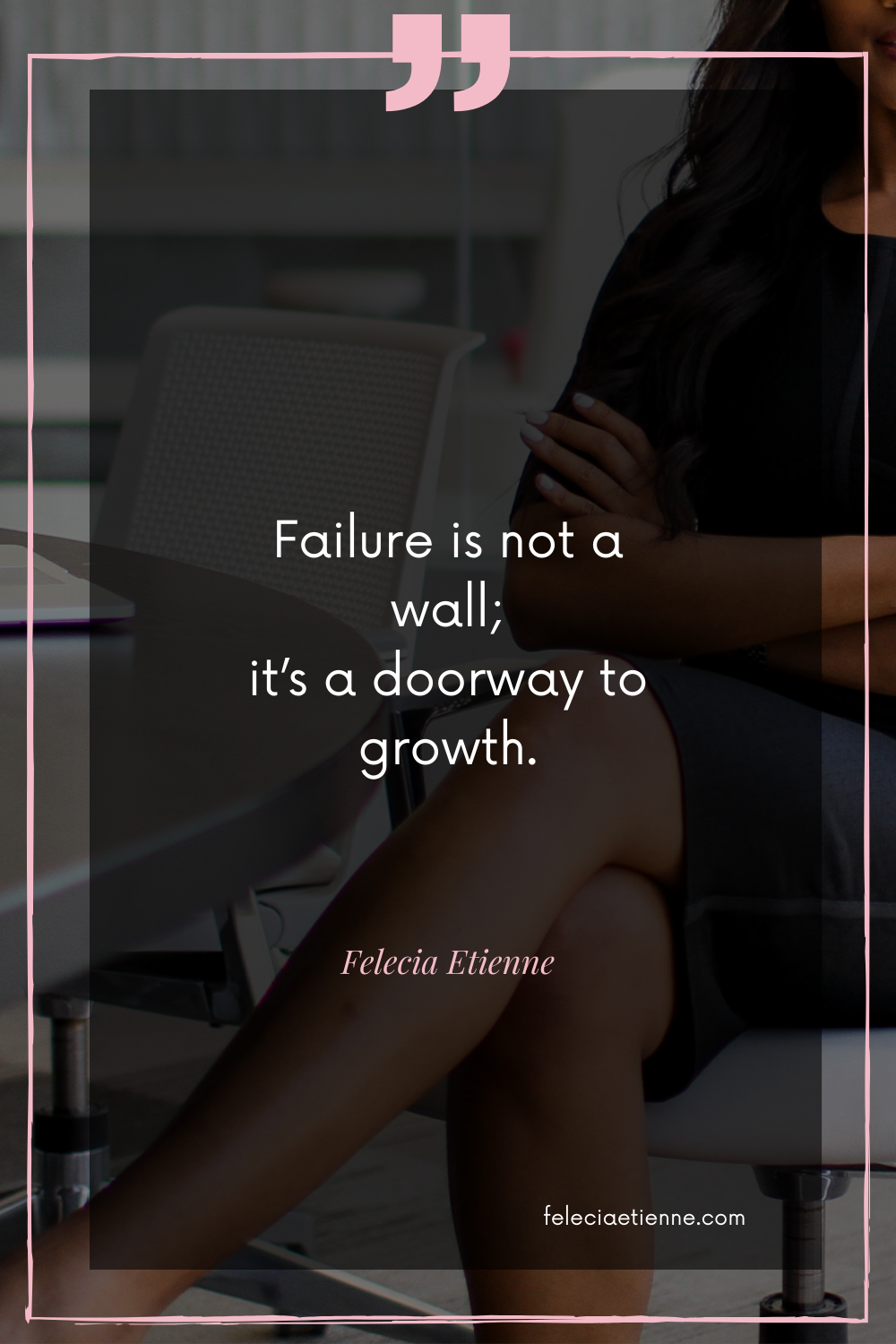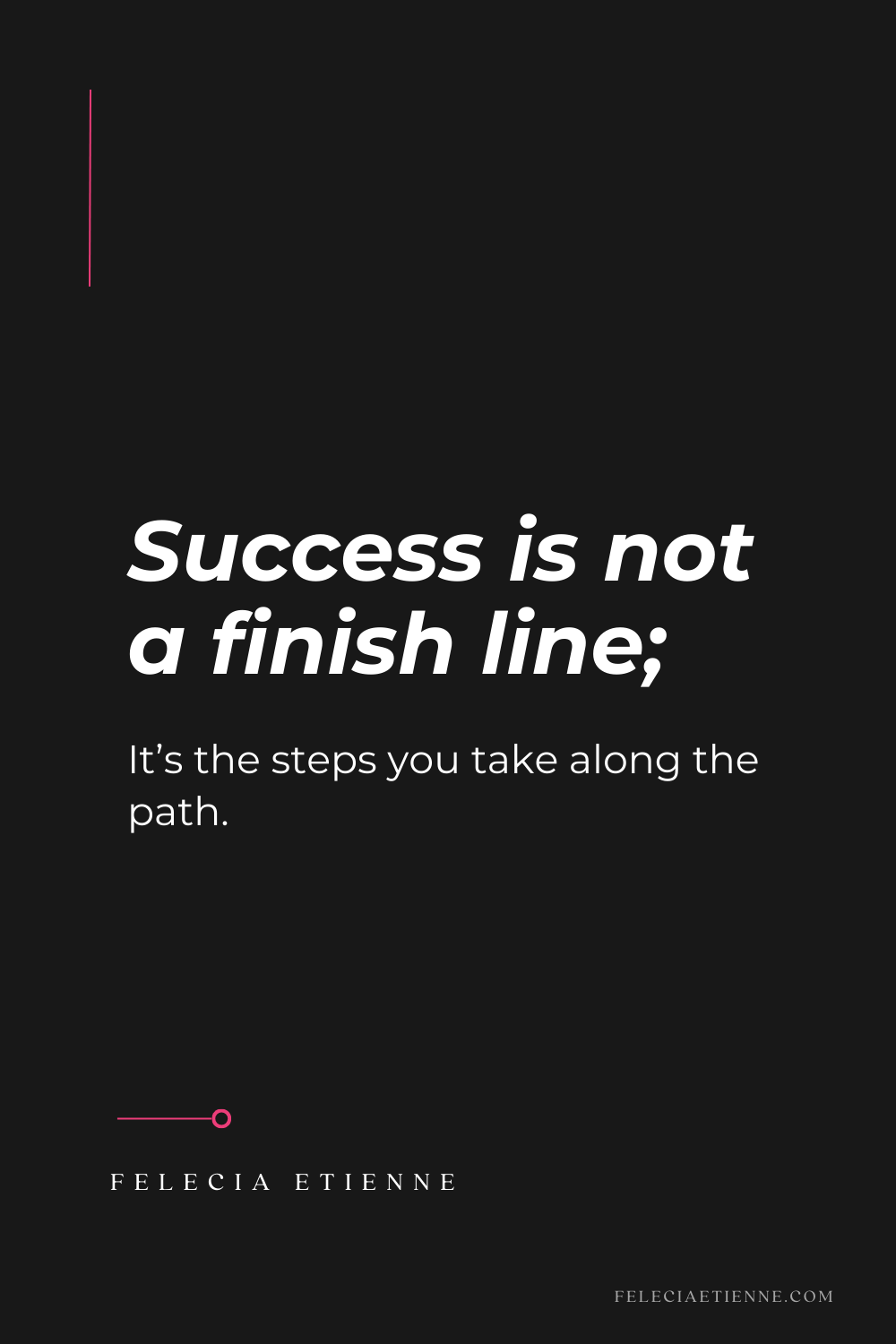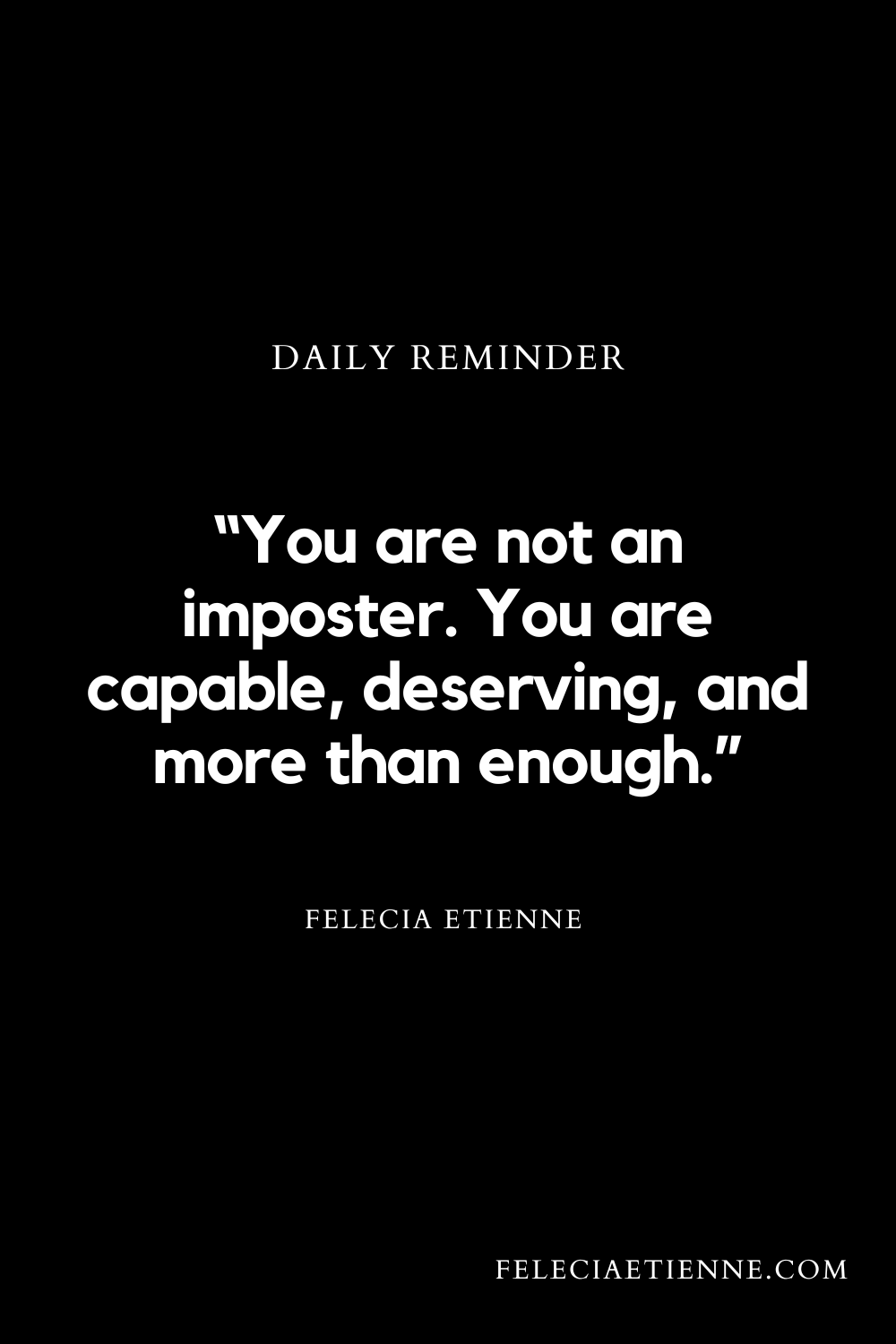Overcoming Imposter Syndrome: Stop the Fear of Being ‘Found Out’ and Unlock Your True Potential
“I’m not as good as people think I am.”
Sound familiar? If you’ve ever found yourself thinking this, even with a long list of accomplishments, you’re not alone. That nagging fear that it’s just a matter of time before you’re "found out" as a fraud has a name: imposter syndrome. No matter how many promotions you’ve earned or how many people admire your work, inside, it can feel like you’re just faking it, waiting for the moment everyone sees through the act.
I totally understand—life can feel overwhelming at times, and the pressure can weigh heavy on our shoulders. Just yesterday, I had to clear my calendar, take a pause, and simply be with myself to breathe. And you know what? That’s perfectly okay.
Here’s the reality: this feeling is so common that up to 70% of high achievers experience it at some point in their careers, according to studies from the International Journal of Behavioral Science. Yet, when you're in the thick of it, it feels like you’re the only one drowning in doubt while everyone else is swimming effortlessly to success. Sound relatable?
Even in those tough moments, always remember your incredible worth. Just like water, we can adapt and flow through the challenges life throws our way. In this blog, we’ll dive deeper into imposter syndrome—not just scratching the surface. We’ll break down the top misconceptions keeping you trapped in this self-sabotaging cycle and counter them with science-backed truths.
Trust your instincts, embrace your unique journey, and be gentle with yourself. Every little step you take counts. You've got this! Brighter days are just around the corner because you're here, and you have the power to create your own path.
It’s time to clear the fog around imposter syndrome and, more importantly, shift from self-doubt to self-empowerment. Remember, no one else gets to define who you are. Keep shining!
The Reality of Imposter Syndrome
“Imposter syndrome is that sneaky thief, stealing your success and whispering that your achievements are just lucky breaks, leaving you trapped in a closet of self-doubt.”
First, let’s level set. Imposter syndrome isn’t just about feeling like you’re faking it. It goes deeper—impacting everything from your mental health to your work performance, relationships, and overall well-being. Whether you're a business owner, a leader, or a driven professional, imposter syndrome chips away at your confidence, sometimes pushing you to overcompensate through perfectionism or burnout. Imposter syndrome is that sneaky thief, stealing your success and whispering that your achievements are just lucky breaks, leaving you trapped in a closet of self-doubt!
The roots of imposter syndrome run deep. Dr. Pauline Clance and Dr. Suzanne Imes, the psychologists who first coined the term in the 1970s, observed that high-achieving individuals often struggled to internalize their success. Instead of feeling accomplished, they carried the burden of feeling like frauds, convinced that their success was due to luck or external factors. What’s surprising? Despite the high prevalence of imposter syndrome, research from the Harvard Business Review confirms that these feelings persist at all levels, even among executives and top-performing entrepreneurs.
It’s like running a race where the finish line keeps moving.
So, what keeps you stuck in this cycle of self-doubt? Often, it's because of a series of misconceptions you believe to be true, which need to be debunked if you're ever going to move past the feeling of inadequacy.
Top 10 Misconceptions About Imposter Syndrome (And the Science to Back Up the Truth)
1. "Everyone Else Knows Exactly What They’re Doing."
There’s a lie we often buy into, especially in today’s social media-fueled world. We look around at our peers, and it seems like everyone’s got it together—like they’re living a highlight reel of success while we’re stuck trying to figure things out.
But here's the reality: No one has it all figured out. And there’s neuroscience to back it up. According to a study published in the Journal of Personality and Social Psychology, we all tend to compare our messy behind-the-scenes with everyone else’s polished public image. But most people are just as uncertain as you are; they’re just better at hiding it.
The takeaway? That person you admire for their poise and confidence? They probably feel just as unsure at times as you do.
Science says:
This feeling of "uniquely struggling" is part of a cognitive bias known as the "spotlight effect," which exaggerates how much we think others notice our shortcomings. In reality, most people are too focused on their own challenges to even notice yours.
RELATED ARTICLE: THE POWER OF IMPOSTER SYNDROME: HOW TO USE IT TO YOUR ADVANTAGE
2. "Everyone Else Knows Exactly What They’re Doing."
“Behind every confident smile is a story of uncertainty and growth”
There’s a lie we often buy into, especially in today’s social media-fueled world. We look around at our peers, and it seems like everyone’s got it together—like they’re living a highlight reel of success while we’re stuck trying to figure things out. But here's the reality: No one has it all figured out.
And there’s neuroscience to back it up. According to a study published in the Journal of Personality and Social Psychology, we all tend to compare our messy behind-the-scenes with everyone else’s polished public image. But most people are just as uncertain as you are; they’re just better at hiding it.
The takeaway? That person you admire for their poise and confidence? They probably feel just as unsure at times as you do. Behind every confident smile is a story of uncertainty and growth.
Science says:
This feeling of "uniquely struggling" is part of a cognitive bias known as the "spotlight effect," which exaggerates how much we think others notice our shortcomings. In reality, most people are too focused on their own challenges to even notice yours.
3. "If I Admit I’m Struggling, People Will Think Less of Me."
“Vulnerability is not a weakness; it’s the bridge that connects us, turning struggles into strength and authenticity into trust.”
Many high-achieving women, professionals, and business owners feel the need to put on a brave face at all times, convinced that if they let their guard down, they’ll be judged. But here’s the twist: Authenticity builds trust, not judgment. Vulnerability is not a weakness; it's the bridge that connects us, turning struggles into strength and authenticity into trust.
According to research from Brené Brown, a leading voice on vulnerability, the more openly you share your struggles, the stronger your connection with others. Her research shows that vulnerability is one of the most powerful ways to build credibility, loyalty, and deeper relationships, especially in leadership roles.
Your vulnerability can actually be a superpower. When you allow yourself to admit you’re human, you’re not only giving yourself grace—you’re giving others permission to be real, too.
Science says:
Brown's research in the Journal of Social Work Education has shown that vulnerability in leadership correlates with stronger team cohesion and innovation.
4. "If I Fail, I’m a Fraud."
“Failure isn’t a sign of being a fraud; it’s a step on the path to greatness. Every stumble teaches you resilience and brings you closer to success!”
Imposter syndrome convinces you that one slip-up will expose you as incompetent. This leads to perfectionism and overworking, as you constantly strive to prevent any potential failure from tarnishing your reputation. But this mindset is more than harmful—it’s scientifically false.
In fact, failure isn't a sign of being a fraud; it's a step on the path to greatness. Every stumble teaches you resilience and brings you closer to success! Failure isn’t a mark of fraudulence; it’s an essential component of success. Studies from Stanford University reveal that individuals who embrace failure as a learning opportunity are not only more resilient, but they also experience faster growth and greater long-term success. Leaders like Sara Blakely, founder of Spanx, credit much of their success to early failures—and the lessons learned from them.
Failing doesn’t mean you’re a fraud. It means you’re human. Every success story is built on a foundation of trial, error, and resilience.
Science says:
According to Stanford’s Growth Mindset research, a mindset that embraces failure as a learning tool directly correlates with higher levels of performance and persistence.
Related article: Embodying the Next Level You: The Game-Changing Mindset Shifts for Achieving Your Vision
5. "I’m Only Here Because of Luck."
“While luck might get you in the door, it’s your grit and determination that keep it wide open for opportunities.”
One of the hallmark traits of imposter syndrome is attributing success to external factors—like luck or timing—rather than your own abilities. But when you dig deeper into the psychology behind this, you realize that this belief is a cognitive distortion. According to the Journal of Career Assessment, this kind of attribution bias distorts reality, causing you to downplay your role in your own success. If you take a moment to reflect on your journey, it’s clear that your skills, persistence, and hard work have played major roles in where you are today.
You didn’t just "get lucky." You earned your place through dedication and effort. While luck might get you in the door, it's your grit and determination that keep it wide open for opportunities. Luck might open doors, but it’s your skills that keep them open.
Science says:
Studies have shown that individuals who believe in luck tend to have an external locus of control, meaning they attribute their successes and failures to factors outside of their control. This can lead to feelings of helplessness and lack of motivation.
On the other hand, those who believe in hard work and effort tend to have an internal locus of control, taking responsibility for their actions and outcomes. This mindset can lead to increased confidence, resilience, and a growth-oriented attitude.
So, instead of relying on luck, embrace the power of your own abilities. Recognize the hard work you put into achieving your goals and give yourself credit where it's due. By acknowledging your role in your success, you can continue to build upon your skills and achieve even greater heights.
6. "If I Stop Working So Hard, I’ll Lose Everything."
Attribution theory shows that high achievers with imposter syndrome often misattribute their success to luck, while others can clearly see the hard work behind their achievements.
“Rest is not a pause in productivity; it’s the spark that ignites your greatest achievements.”
This belief is common among high achievers who equate success with hustle. You’re so afraid of losing momentum that you never give yourself permission to rest, but this cycle leads to burnout. And what’s even more dangerous is that burnout makes it harder to perform at your best.
Rest is not a pause in productivity; it's the spark that ignites your greatest achievements. According to Dr. Christina Maslach, a leading expert in burnout research, people who don’t prioritize rest and recovery are at higher risk for decreased creativity, productivity, and well-being. You’re not doing anyone any favors by running yourself into the ground—least of all yourself.
You need to recharge to sustain long-term success. Think of rest as fuel for your productivity engine.
Science says:
Research from Harvard Business School supports the idea that the most productive and creative leaders integrate regular breaks into their schedules to maintain peak performance.
Related article: 11 Powerful Ways to Practice Self-Care so You Can Stay Energized and Focused
7. "Perfectionism Is the Key to My Success."
“True success isn’t about chasing perfection; it’s about embracing progress and learning from every step along the way.”
Perfectionism often masquerades as a badge of honor, especially for high achievers. You might believe that your perfectionism is the very reason for your success, but here’s the hard truth: it’s holding you back more than it’s helping. True success isn't about chasing perfection; it's about embracing progress and learning from every step along the way.
According to research from the American Psychological Association, perfectionism is closely linked to chronic stress, anxiety, and burnout. It leads to procrastination because you’re so afraid of making mistakes that you either avoid starting or obsess over minor details.
Progress, not perfection, is what leads to success. Excellence is about striving to improve while recognizing that perfection is an impossible and exhausting goal.
Science says:
The APA’s studies show that perfectionism increases the likelihood of burnout and mental health struggles, which negatively impact productivity and creativity in the long run.
“Progress, not perfection, is what leads to success.”
8. "I Must Be the Best at Everything."
“True greatness isn’t about being the best at everything; it’s about shining in your strengths and collaborating to create something extraordinary.”
Imposter syndrome can trick you into thinking that you need to excel in every area of your life—your career, relationships, personal growth, and more. But this all-or-nothing thinking leaves you constantly feeling like you’re falling short. The reality? You don’t need to be the best at everything. In fact, research from Gallup on strengths-based leadership shows that the most effective leaders focus on maximizing their strengths and building teams with complementary skills, rather than trying to be the best at every single thing.
True greatness isn't about being the best at everything; it's about shining in your strengths and collaborating to create something extraordinary. True leadership and success come from knowing where your brilliance lies and partnering with others to fill in the gaps.
Science says:
Gallup’s strengths-based leadership research reveals that the most successful individuals and teams focus on strengths, not weaknesses.
Related article: The #1 tool for Overcoming Imposter Syndrome | Self Compassion
9. "Imposter Syndrome Will Go Away Once I Achieve More."
“Success doesn’t silence the imposter; it’s the courage to embrace your journey that transforms doubt into confidence.”
Many people assume that if they just reach the next goal, earn another promotion, or accomplish one more thing, the feelings of imposter syndrome will disappear. But the truth is, imposter syndrome isn’t tied to your accomplishments. In fact, success doesn’t silence the imposter; it’s the courage to embrace your journey that transforms doubt into confidence.
According to Valerie Young, an expert on imposter syndrome, these feelings don’t vanish with success. In fact, for some, they intensify because the stakes feel higher. Imposter syndrome is a mindset issue—not a milestone issue.
Waiting for imposter syndrome to "go away" as you achieve more is a losing game. It’s about changing your mindset, not your accomplishments.
Science says:
Valerie Young’s research shows that imposter syndrome is about mindset and self-perception, not about actual accomplishments.
Related Article: 12 Secrets to Building A Resilient Mindset: What it Takes to Thrive in Difficult Times
10. "I’m Alone in This Struggle."
“Imposter syndrome thrives in silence; when you speak your truth, you discover you’re never truly alone.”
Imposter syndrome can feel isolating. You might believe that you’re the only one experiencing these feelings of inadequacy, especially when everyone around you seems so self-assured. But here’s the catch: Imposter syndrome thrives in isolation, and the truth is, you’re far from alone.
In fact, imposter syndrome thrives in silence; when you speak your truth, you discover you're never truly alone. As mentioned earlier, 70% of high achievers report experiencing imposter syndrome at some point, according to the International Journal of Behavioral Science. So, talking openly about your feelings can diminish their power, and you’ll likely find that many of your colleagues share the same struggles.
Imposter syndrome loses its grip when you connect with others who understand your experience.
Science says:
According to studies on emotional intelligence, openly sharing your experiences can help mitigate feelings of isolation and reduce imposter syndrome.
Related article: Self-Sabotage: The Enemy Within - A Comprehensive Guide for High Achievers
11. "It’s Better to Keep Quiet and Push Through."
“Imposter syndrome whispers that you’re alone, but true strength is found in seeking support to rise above your doubts.”
Imposter syndrome whispers that you’re alone, but true strength is found in seeking support to rise above your doubts. Finally, one of the biggest misconceptions about imposter syndrome is that it’s something to be endured quietly. Many believe that "pushing through" on their own is the best strategy. But the truth is, imposter syndrome isn’t something you have to face alone.
There’s power in seeking support and mentorship. Research from Stanford University shows that mentorship can significantly reduce feelings of imposter syndrome. By sharing your experiences with a trusted mentor or coach, you gain perspective and realize that these feelings aren’t a reflection of your actual abilities—they’re a byproduct of your self-perception.
You don’t have to go through this alone. Reaching out for support can be transformative.
Science says:
Stanford University research highlights the positive impact mentorship has on reducing imposter syndrome and increasing self-confidence.
Practical Strategies for Overcoming Imposter Syndrome
“Courage isn’t the absence of fear; it’s the willingness to step forward despite it.”
Now that we’ve addressed some of the key misconceptions about imposter syndrome, let’s dive into actionable strategies to overcome it. Each of these strategies will not only help you combat feelings of inadequacy but also enhance your relationships, career success, and overall joy.
Reframe Your Thinking
“Turn your fears into facts, and watch your self-doubt transform into unstoppable confidence!”
One of the biggest contributors to imposter syndrome is the constant internal dialogue that questions your worth. It's time to rewrite that narrative. When you catch yourself thinking, "I don’t deserve this," or "I’ll fail," immediately counter those thoughts with tangible evidence of your capabilities. Here’s a powerful exercise: write down three accomplishments from this week, no matter how small. Then, reflect on how your efforts directly contributed to those wins. This simple action rewires your brain to see facts instead of fear, helping you recognize your own value.
As you reframe your thoughts, you’ll notice how this shift positively impacts your relationships and work. You’ll communicate with more confidence, become more assertive in asking for what you deserve, and experience deeper connections as you let go of self-doubt.
Science Says:
According to Dr. Carol Dweck, author of Mindset: The New Psychology of Success, reframing negative self-talk into affirming beliefs can lead to a growth mindset, fostering resilience and long-term success.
Celebrate Your Wins
“Success isn’t just about the finish line; it’s about the moments you pause to celebrate along the way.”
High achievers often rush past their successes without taking the time to celebrate them. Create a habit of acknowledging and celebrating your wins—no matter how small. This practice reinforces the idea that your efforts are valid and that you deserve recognition.
To make this a habit, set a weekly reminder to reflect on your accomplishments. Consider keeping a gratitude journal where you jot down achievements, big and small. By internalizing your successes, you’ll start to see that they are the result of your hard work, not luck.
Celebrating your victories boosts your self-esteem, which enhances your interactions with colleagues, friends, and family. It fosters a positive atmosphere around you, encouraging others to celebrate their wins too.
Science Says:
Research published in the journal Psychological Science found that individuals who regularly acknowledged their accomplishments reported higher levels of well-being and resilience.
Embrace Failure as a Learning Tool
“Failure is not a wall; it’s a doorway to growth.”
Instead of fearing failure, shift your perspective and view it as a stepping stone to growth. Each mistake provides valuable lessons. The more comfortable you become with failure, the less power it has over you. Try reframing failure by writing down one failure from the past week and identifying at least one lesson learned from it. This practice not only helps reduce the fear surrounding failure but also fosters resilience in your daily life. When you embrace failure, you create an environment that encourages risk-taking and innovation, both personally and professionally. This shift can lead to more creative solutions and a more supportive atmosphere among peers.
Science Says:
A study in the Journal of Personality and Social Psychology highlights that people who adopt a learning mindset view failure as an opportunity for growth, resulting in greater long-term success.
Related Article: Fear of Failure|5 ways to overcome IT and take action
Seek Feedback from Trusted Sources
“Feedback isn’t just a tool for improvement; it’s the bridge that connects you to growth, trust, and stronger relationships.”
Ask for constructive feedback from people you trust—colleagues, mentors, or friends. Their outside perspective can help you see your strengths more clearly and provide validation for your hard work.
Make it a point to ask for feedback regularly, focusing on specific areas where you want to improve. This habit not only helps you grow but also builds trust and strengthens your connections with those who care about your development.
Receiving feedback can deepen your relationships by opening up lines of communication and demonstrating your commitment to self-improvement. It cultivates an atmosphere of mutual support.
Science Says:
According to research published in The Harvard Business Review, leaders who seek feedback not only enhance their performance but also foster stronger, more open team dynamics.
Practice Self-Compassion
“Self-kindness is like a secret superpower that keeps your spirit fueled and fabulous!”
Self-compassion is key to overcoming imposter syndrome. Treat yourself with the same kindness and understanding you would offer a friend who is struggling. Recognize that everyone has moments of doubt, but that doesn’t define your worth.
Incorporate self-compassion exercises into your routine, such as writing a letter to yourself during moments of self-doubt. This practice helps reinforce the understanding that imperfection is part of being human.
Practicing self-compassion improves emotional resilience, creating a more nurturing environment for your loved ones, who may also face their own challenges. It encourages open conversations about vulnerability and support.
Science Says:
Research published in Self and Identity indicates that self-compassion is linked to greater emotional regulation and well-being, helping individuals navigate life's challenges with more grace.
Related Article: Achieving Sustainable Success by Cultivating Self-Compassion
Focus on the Process, Not the Outcome
“Success is not a finish line; it’s the steps you take along the path.”
Instead of fixating on end results, shift your focus to the process. Success is about consistent effort over time, not a single defining moment. Trust that your dedication will lead to the outcomes you desire.
Set small, achievable goals that emphasize the journey rather than the destination. Celebrate progress along the way, and remind yourself that every step taken is a step toward growth.
By embracing the process, you cultivate joy in your daily activities, enriching both your personal and professional life. This mindset fosters patience and perseverance in all areas of your life.
Science Says:
A study from the University of California found that people who focus on process-oriented goals experience lower stress levels and greater satisfaction compared to those who fixate solely on outcomes.
Discover how to conquer imposter syndrome today! Gain confidence, self-compassion, and actionable insights. Don't let fear hold you back—read now!
Conclusion: It’s Time to Own Your Success
“Your success is not a fluke—it’s the result of your hard work, talent, and perseverance.”
Imposter syndrome thrives on silence and misconceptions. It whispers that you’re not enough, that your success is a fluke, and that everyone else is more competent. But as we’ve uncovered, those beliefs are rooted in flawed thinking—not in reality.
By addressing these misconceptions and reframing your mindset, you can begin to dismantle the self-doubt that holds you back. Science shows us that imposter syndrome is a common experience among high achievers, but that doesn’t mean you have to accept it as a permanent fixture in your life.
Your success is not a fluke—it’s the result of your hard work, talent, and perseverance. It’s time to step out of the shadows of imposter syndrome and own the incredible achievements you’ve earned.
If you’re ready to take bold, intentional action to overcome these self-sabotaging thoughts, know that support is available—and you don’t have to navigate this journey alone.
“You are not an imposter. You are capable, deserving, and more than enough.”
As part of my commitment to helping others overcome burnout while achieving success without compromising their well-being, I invite you to join the free Productivity Powerhouse Summit: Success Takes Action Edition. This virtual summit brings together experts who will share invaluable tips and strategies for achieving success while putting self-care first.
P.S. If you're looking for deeper support as you navigate this transformative journey, here are two ways I can help:
Master Your Mindset: I specialize in helping high achievers, business owners, and professionals break into the top 1% of their field by mastering their mindset and boosting their performance. When you're ready to take your success to the next level, DM me the word "Edge," and let's start that conversation.
Free Resource for Change: Don’t let negative emotions hold you back! Grab my Self-Sabotage Solution Checklist—a free tool designed to help you identify and release the limiting beliefs that no longer serve you. Take the first step toward a more empowered you today!
Embrace this opportunity to shift from burnout to brilliance. Your path to sustainable success starts now!
Ready to achieve your dream life? I’m Felecia Etienne, your go-to Certified High-Performance Coach™ and Mental Fitness Coach. Let me take you on a transformative journey with a Complimentary Unlock Your Performance EDGE call. This isn’t just a chat—it’s your ticket to the high-performance tools and techniques I’ve shared with my coaching clients.
In this personalized call, you'll:
- Dive into your dreams and goals, tackle obstacles, and bridge the gap between where you are and where you want to be.
- Uncover and combat triggers of self-sabotage while discovering untapped strengths.
- You'll walk away with actionable strategies that deliver immediate impact
Equip yourself with the strategies, resources, and support needed to shatter obstacles, self-sabotaging, narrow the gap, and transform your ambitions into tangible achievements. Ready to escape inertia and boost your impact? Book a private and confidential session. Unlock Your Performance EDGE with Felecia. Let's unlock your potential together.
To find out more about Felecia, you can visit her website at feleciaetienne.com.
Social Media Handles:




